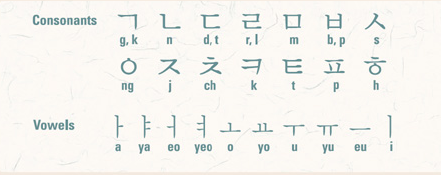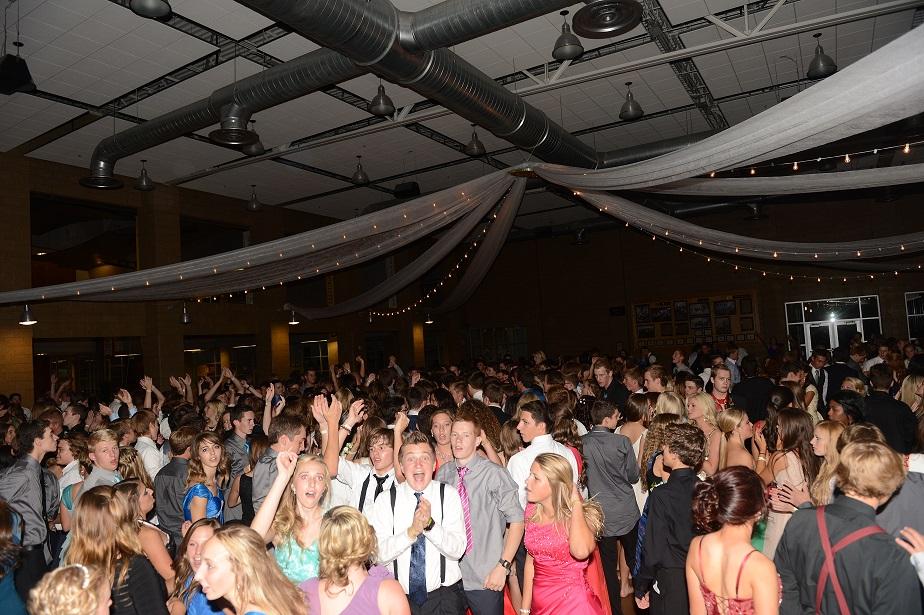Fun Facts About The Korean Alphabet

January 13, 2021
While the language might not be so simple, the alphabet takes the average person less than a week to memorize.
Unlike many other languages, the Korean Alphabet doesn’t have upper case letters. There is no Aa Bb Cc, no fifty ways to pronounce the same vowel. In fact, Korea is pretty strict when it comes to pronunciation. One tiny mispronunciation and you might say an entirely different word. The alphabet is the easy part.
There are 24 letters in the Korean alphabet. Plain Consonants, Tense Consonants, Aspirated Consonants, and Vowels. All that may seem like a lot, but it’s simple in it’s theory. The characters that make similar noises look similar. For instance: ㅂ, ㅍ, ㅃ, and ㅁ are all made in the same part of your mouth. The first three all make variations of a b/p noise. The first, ㅂ, makes a soft b sound. The second, ㅍ, makes an aspirated p sound. The third, ㅃ, makes a sharp tense p. The last, ㅁ, makes an m sound.
Another example: ㄱ, ㅋ, and ㄲ. The first makes a plain g sound. The second makes a slightly hard k. The last makes a tense, sharp kk.
Now for the vowels. All the vowels have a slightly similar look, made up of vertical and horizontal lines.ㅏ(a),ㅑ(ya),ㅓ(eo),ㅕ(yeo), ㅗ(o), ㅛ(yo), ㅜ(u), ㅠ(yu), ㅡ(eu), ㅣ(e). As you may have noticed, when the character has two of the shorter lines, it makes a y sound at the beginning.
These vowels can’t make a word all by themselves. If you were to simply write ㅏ, that would be bad grammar. You can’t just have the vowels by themselves. They need to be accompanied by a consonant. That is where ㅇ comes in. ㅇ is another character that may seem confusing, but really isn’t too complicated. When placed at the bottom of a character block (Ex: 성), ㅇ makes an ng sound. When placed anywhere else in the character block (ex: 의), it is silent, a placeholder. When a word begins with a vowel, you put ㅇ in front of the vowel so it isn’t by itself. For example, the word no in Korean is said an-ee-yo. It is spelled 아니요.
As scholar Jeong In-Ji said: “A wise man can learn it in one morning…and a fool can learn it in the space of ten days.” Of course, learning a whole new language can be very hard. I don’t plan on learning to speak Korean fluently, but just learning the alphabet can open up new doors, even if you don’t need it every day.


























